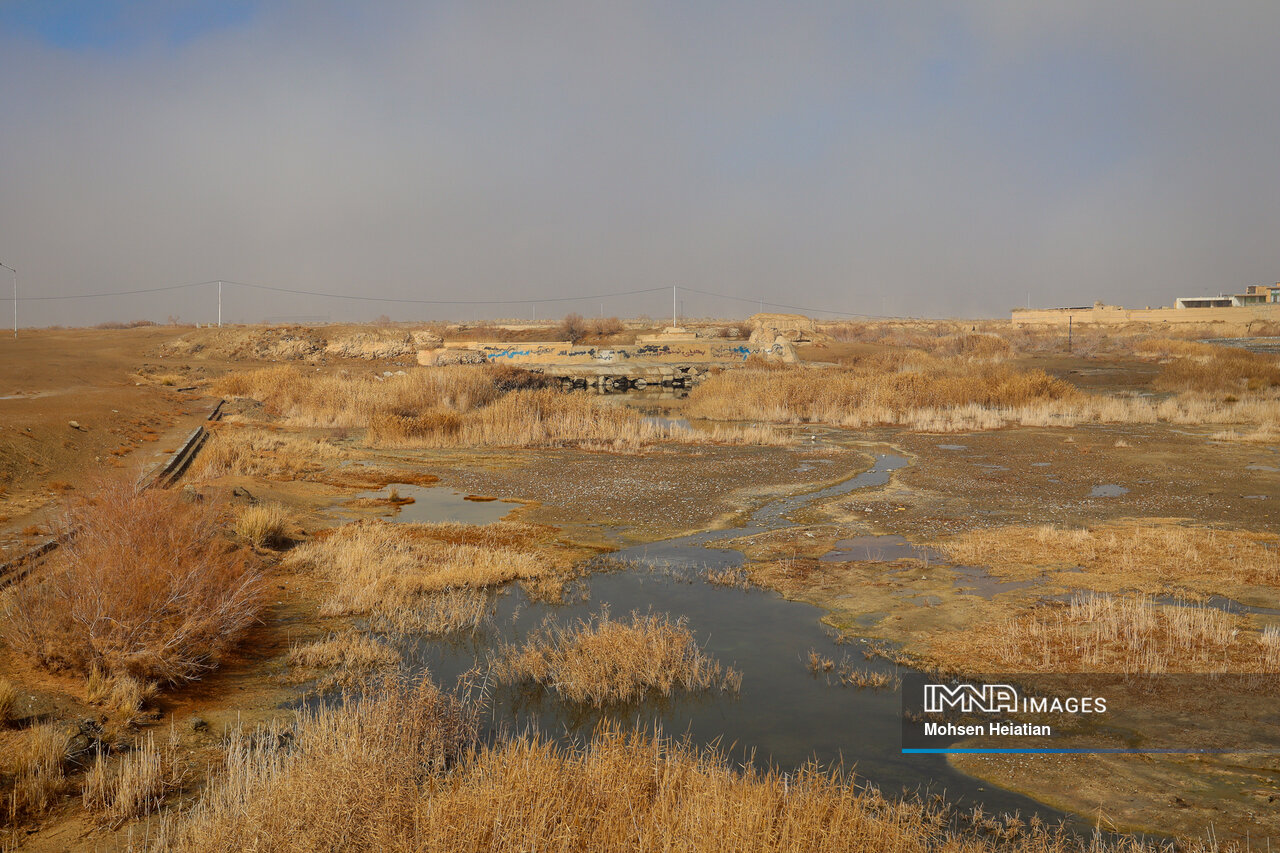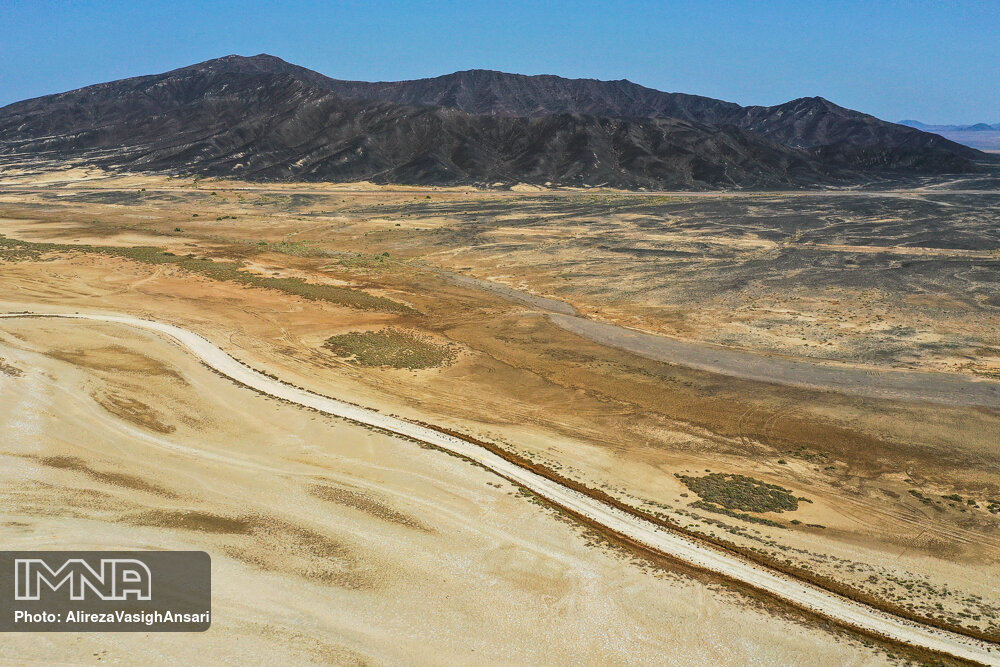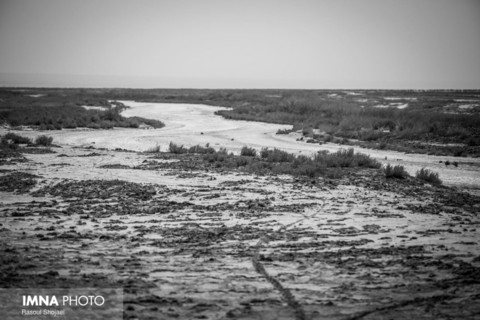Iran (IMNA) - In Kerman Province, Central Iran, the Terminal Workshop of the RFLDL project occurred on September 27-28. Yubak Dhoj GC, FAO Representative ad interim to Iran, praised the collaborative efforts of all stakeholders involved during the event. He highlighted the importance of integrating natural resources management and environmental conservation with socio-economic development.
RFLDL project in Iran
Throughout the duration of the project, FAO implemented various strategies to address the specific challenges faced by these regions. One of the major concerns was the presence of saline soils, which can significantly impede agricultural productivity. By employing innovative techniques and approaches, such as soil reclamation and reforestation, FAO aimed to rehabilitate the affected landscapes and improve the overall soil quality.
The project focused on areas prone to wind erosion, which can cause significant damage to agricultural lands and exacerbate desertification. FAO implemented measures to combat wind erosion, including the establishment of windbreaks, the introduction of agroforestry practices, and the promotion of sustainable land management techniques. These efforts aimed to stabilize the soil, prevent erosion, and create a more favorable environment for agriculture.

The RFLDL project aimed to enhance local livelihoods by promoting sustainable agricultural practices and diversifying income sources. FAO worked closely with local communities, providing training and technical support to farmers, promoting the cultivation of resilient crops, and facilitating access to markets. These interventions aimed to improve food security, increase incomes, and reduce vulnerability to environmental challenges.
The RFLDL project has set a new course for sustainable land management in Iran, marking a milestone in the country's efforts to rehabilitate forest landscapes and degraded land.
In an announcement made by Yubak Dhoj GC, it was revealed that a project aimed at promoting public participation in rural areas has achieved significant outcomes. The project focused on building the capacity of local communities, resulting in active engagement in ecosystem rehabilitation efforts and the establishment of local microcredit funds to alleviate pressure on natural resources.
One of the key priorities of the project was the implementation of sustainable agricultural practices, which empowered rural households to effectively manage their local ecosystem resources. This not only improved livelihoods but also enhanced the ability of communities to withstand prolonged drought and climate change events.
GC emphasized that the success of the project was attributed to a participatory approach that actively involved in local communities in protecting their environment. He highlighted the importance of technical and institutional capacity building, noting that extensive technical training was provided to staff. Furthermore, knowledge dissemination through FAO's E-Learning platform ensured that the valuable lessons learned and best practices reached a wider audience.

The independent Terminal Evaluation conducted in 2022 confirmed the project's achievements in establishing a foundation for participatory and integrated Sustainable Land and Forest Management (SLFM) in pilot sub-watersheds. These accomplishments closely align with Iran's national priorities.
Looking ahead, GC expressed FAO's commitment to the ongoing success of the project. He stated, "FAO is ready to continue its partnership in the successful outcomes of this joint project. We aim to scale up the valuable experiences and lessons learned during the project to be applied in other regions of work in the future."
With the project's positive impact on rural communities and its alignment with national priorities, the FAO's efforts in Iran are set to pave the way for sustainable land and forest management practices across the country.


Your Comment